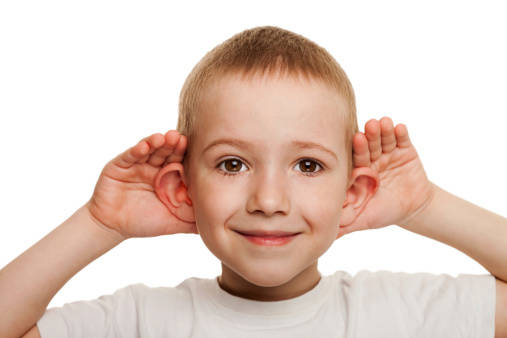
How does hearing many languages affect your child’s speech development?
15 Nov 2015 | 2 min Read
Medically reviewed by
Author | Articles
The human brain begins to form in the first three weeks after conception and continues throughout the person’s life span. However, the brain is the most impressionable or ‘plastic’ in early childhood namely 0-2 years. Research shows that children with strong language skills in preschool and early school years have strong literacy skills later on.
Most Indian children are exposed to more than one language. Multiple languages are spoken within the same household or within the child’s social environment.
A common question asked to me in my speech therapy practice is “should I expose my child to only one language?”, or “will more than one language confuse him/her?”. Both these questions stem from a misconception.
Exposing a baby to an environment with multiple languages is the fastest and most effortless way to teach another language. It does not confuse the child, in fact it allows them to use words from other languages when they forget or don’t know the word in their primary language. This is when they are still learning language. Example: “Give me pani (water.)” Mixing of languages is common in a multilingual child and this usually settles by age 4.
Advantages of being a multilingual child:
• Higher reading and writing skills than their monolingual peers
• Higher analytical and social skills than monolingual peers
• More adaptability and flexibility in all environments
• Higher self confidence and self esteem
• Appreciation of different cultures
• Higher emotional bonding with the person speaking the mother tongue
In the case of a child who has delayed speech and language skills, using only one language is not necessary. However, I advise that the language stays consistent per person. For example, if the child’s father speaks to him or her in Hindi then he should continue speaking Hindi all the time and not switch to any other language.
If a child uses incorrect grammar and word order or mixes up his languages beyond age 4, a consultation with a speech therapist is recommended as this could be a sign of a language-learning problem.
To read our other articles on Speech development and disorders:
1. All you need to know about Stammering
2. Promoting Speech and Language in Infants
3. Does your child need speech therapy?
To consult Merzia in person, click here
A


Suggestions offered by doctors on BabyChakra are of advisory nature i.e., for educational and informational purposes only. Content posted on, created for, or compiled by BabyChakra is not intended or designed to replace your doctor's independent judgment about any symptom, condition, or the appropriateness or risks of a procedure or treatment for a given person.
